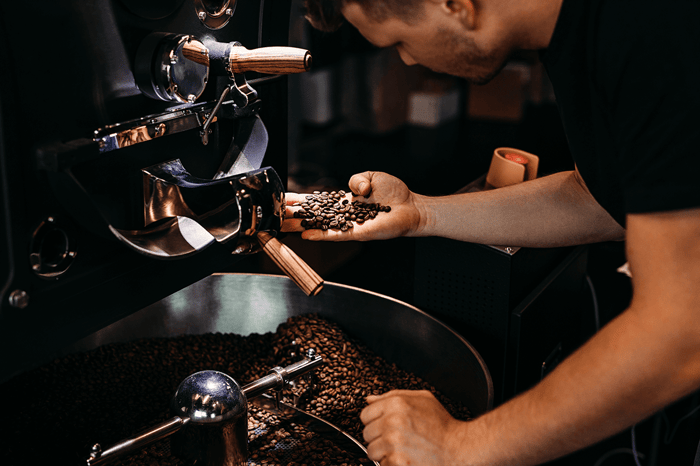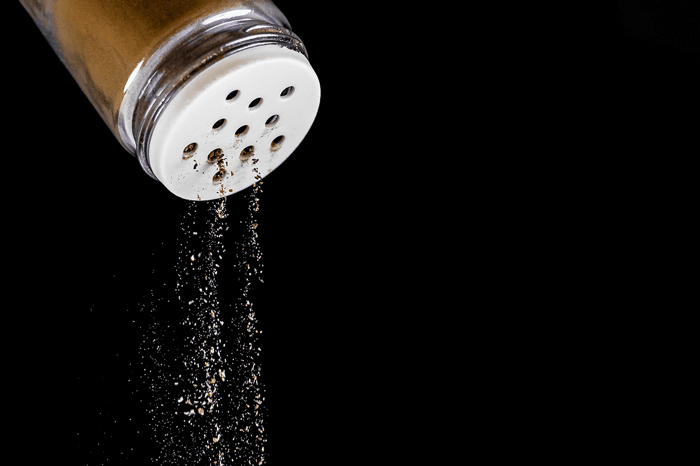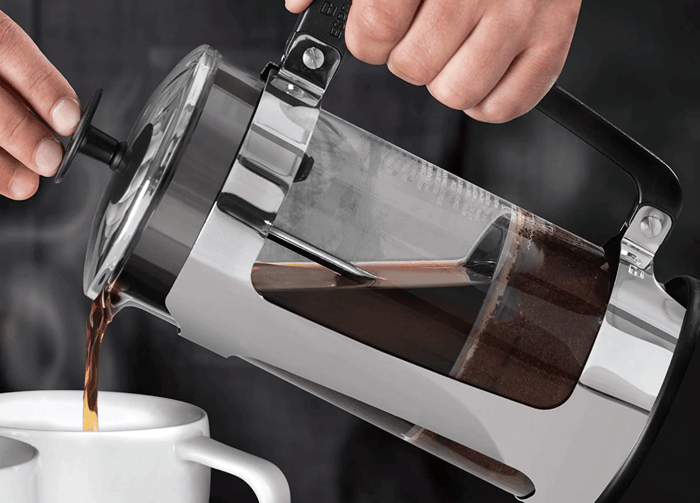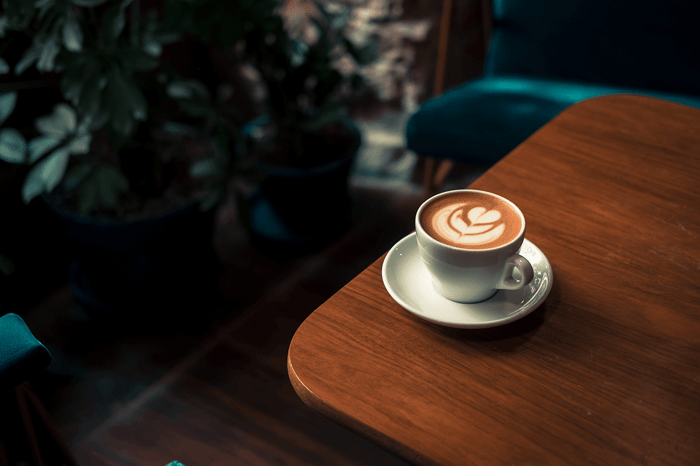
We’re all on the never-ending quest for fresher coffee. Well, those of us who are sophisticated enough (or have taste buds enough) to appreciate fresher coffee, anyway.
But can coffee be too fresh? Yeah, actually.
(I mean, the Fresh Prince just sort of proved this as well).
The idea that the fresher your coffee is, the better it tastes, is generally true.
…Generally.
But after coffee beans are first roasted, there’s actually a period of time where they haven’t reached their full taste potential. (Think bananas that haven’t quite turned yellow yet.)
Why is this?
Well, for an optimal coffee drinking experience—technically—two freshness related variables need to be balanced:
- The coffee beans’ loss of aroma over time.
- The degassing of CO2 that takes place in the bag after packaging.
To get the best tasting coffee possible—assuming you’re starting with the best coffee and everything in your brewing process is 100% optimized of course—you would ideally balance the coffee’s degassing with the loss of aroma.

How long does this take? Well, it’s different depending on the roast.
With darker roasts, the optimal period usually starts a few days after roasting.
With lighter roasts, this optimal period can take even longer to kick in—it could take 5 days, a week, even 2 weeks at the higher end.
The reason for this differential is that coffee beans that have spent more time in the roasting process are more porous. Meaning the carbon dioxide (and aromatics) can escape more easily.
Keep in mind we’re just talking about whole beans here—if your coffee is already ground, these figures won’t apply.

Of course, there are so many other variables at play in determining how a cup of coffee tastes that trying to stay within this short window of “peak freshness” could be considered a little… excessive.
Unless you happen to have a coffee roastery in a spare room, it would probably feel like extreme micro-management, at best.
The good news about all this? Unless you do have that roastery—or you’ve broken into a roastery and are madly filling your coat pockets with coffee beans as they come out—it’s likely that by the time coffee reaches you, it’s going to be past this initial “too fresh” period.
In fact, if you’re unsure of the exact roasting date, it’s a much better bet to use up the coffee sooner rather than wait.
“Too fresh” coffee beats oxidized coffee any day of the week—any day.
So, I guess my point is… uh… don’t worry too much about any of this?
In the next article, we’ll discus—Just messing with you.

It’s very possible to buy coffee from a local roaster that is “too fresh” to brew a good cup of coffee. In that case, you’d want to let the coffee beans sit and “rest” for a few days (at least) before you throw it in your grinder.
But, yeah—in just about every other situation, you should be more concerned about keeping your coffee from losing its freshness.
Want to keep your coffee at its peak freshness as long as possible? Get an Airscape container, with a unique, patented lid that actively removes and locks out air to preserve and protect coffee freshness and flavor. Check it out and get yours right here.






